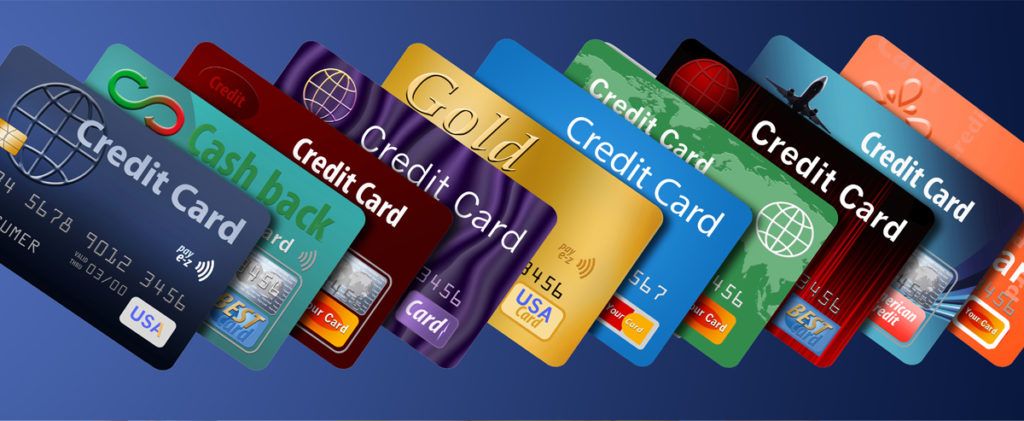Defining a Negative CIBIL Score :
Generally speaking, a negative CIBIL score is below a certain threshold and denotes a higher credit risk. This might be the outcome of overuse of credit, defaults, or late payments. Corrective action requires an understanding of the particular reasons for a negative score.
The Consequences of a Poor CIBIL Score :
Limited Access to Credit :
Financial institutions rely heavily on CIBIL scores to assess creditworthiness. A negative score often translates to limited access to loans and credit cards. Individuals may find it challenging to secure financial assistance for various needs, from home loans to personal financing.

Get a free add on card for your family members APPLY NOW for a credit card
High-Interest Rates :
Even if credit is extended, a negative CIBIL score often attracts higher interest rates. Lenders mitigate the perceived risk by charging elevated interest, impacting the overall cost of borrowing. This financial burden can be substantial over the life of a loan.
Difficulty in Loan Approvals :
Having a low CIBIL score makes it more difficult to get a loan approved. Those with a low credit score might be turned down for a loan, have their terms and conditions tightened, or both for a mortgage, auto loan, or personal loan.
Impact on Employment Opportunities :
Surprisingly, a negative CIBIL score can extend its influence beyond the realm of finance. Some employers consider an individual’s creditworthiness as part of the hiring process, potentially limiting job prospects for those with unfavorable scores.
Strategies for Credit Score Improvement :
Timely Repayments :
Timely repayment of debts is essential to credit score rehabilitation. Meeting financial obligations on a regular basis shows sound financial behavior and progressively raises score.

Get free lounge access (domestic and international) APPLY NOW for a credit card
Debt Management :
Addressing outstanding debts strategically is pivotal. Creating a structured repayment plan and reducing credit card balances can positively impact the CIBIL score over time.
Regular Credit Report Monitoring
Vigilance is key. Regularly monitoring your credit report allows you to identify inaccuracies, track improvements, and promptly address any anomalies that might affect your CIBIL score.
Conclusion :
A low CIBIL score is an uneasy partner in the complex dance of personal finance. But with the right information and careful budgeting, anyone can find their way back to a higher credit score. One can start down the path to a strong and positive CIBIL score by being aware of the consequences, taking appropriate action, and practicing financial discipline.







